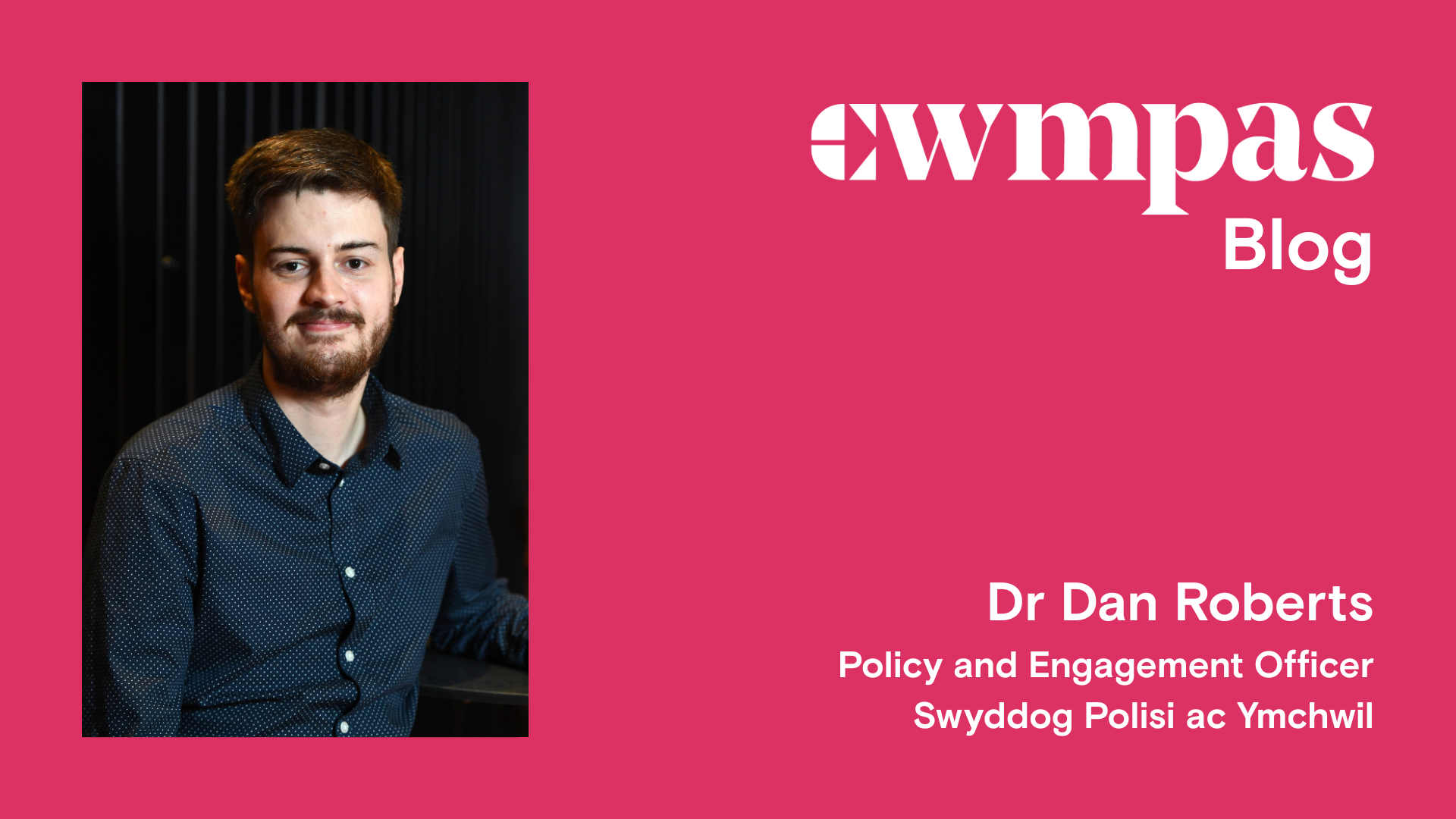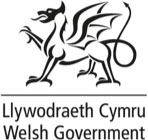
Ready to grow: Cross Party Group connects the vibrant Welsh food co-op sector
Food is at the meeting point of many of the challenges facing Wales today. It is essential to giving everyone the opportunity to lead a healthy life, creating a resilient and prosperous economy, and environmental sustainability. We know that co-operative models will be a vital asset in ensuring this key sector is maximising its positive impact.
On June 10th we supported an energising meeting of the Senedd Cross Party Group for Co-operatives and Mutuals in the Senedd, chaired by Luke Fletcher MS. We were joined by great examples of the diverse co-operative and community-led models in the food sector to discuss building a resilient food system for Wales.
Farmer Co-ops – what we can learn from this successful co-operative model
Firstly, we heard from the farmer co-operatives sector in Wales. Dai Miles, Director at Calon Wen, presented on his organisation’s story and experience, and we were joined by some of the major farmer co-operatives from across Wales including Clynderwen & Cardiganshire Farmers Ltd, FirstMilk and South Caernarvonshire Creameries.
Calon Wen showcases the strength, sustainability and resilience of co-operative models in the food industry. A co-operative of 25 family farms across Wales, it was established in March 2000 to secure long-term markets for organic Welsh milk and received support from Cwmpas at the beginning of their journey. It has successfully developed and grown its own Welsh organic brand, supporting all organic processing needs in Wales and anchoring decision-making in our communities. Despite challenges such as market competition and access to capital, Calon Wen has remained competitive, providing jobs in rural areas and strengthening local community economies.
The success of farmer co-operatives like Calon Wen highlights their value as an asset in the food industry and the potential for long-term success and growth. By pooling resources, sharing knowledge, and reducing individual risk, co-operatives enable farmers to retain more value through processing, branding, and direct sales. This model of economic sustainability empowers farmers to have a say in market decisions and provides a blueprint for other types of food co-operatives to follow. As food systems in Wales face pressures from climate change, market volatility, and the loss of small farms, the resilience and collaborative approach of these farmer co-operatives offer valuable lessons for building a sustainable and resilient food system.
Community growing – local solutions to global challenges
Community-led local growing initiatives are an emerging model in Wales that have the potential to make our local food systems more resilient and maximise social value. Down to Zero is a community benefit society established in 2022 in Rhondda Cynon Taf, Wales, as a subsidiary of Cynon Taf Community Housing Group. It was created to support local communities through the transition to a low-carbon future, with diverse activities like sustainable food production, agroforestry, beekeeping and natural building methods.
They are currently operating across two sites, Pontyclun and Mountain Ash in Rhondda Cynon Taf. At these sites they actively engage and co-deliver solutions with local people on climate change and local challenges. Their longer term plan is to secure a suitable piece of land – around 100 acres – in the Rhondda Cynon Taf area to collect and keep carbon.
Their approach delivers both environmental and social value. Volunteers have contributed significant time to community growing and infrastructure, developing skills in partnership with groups like the Men’s Shed. Their food hub, Llysh Bocs, supplies affordable, locally-grown produce through a box scheme, helping to reduce food miles, improve access to fresh food, and strengthen community food security.
This model creates climate benefits while also tackling poverty, inequality, and isolation. It supports biodiversity, boosts local economies, and builds social capital through community ownership and participation. Down to Zero offers a practical, people-focused model that should be central to building a resilient food system in Wales – showing how it can help meet climate targets while empowering communities. We heard about their innovative collaboration with Rhondda Cynon Taf CBC, showing how co-operative models are an emerging trend in this vital sector.
Welsh Veg in Schools
We also had an update from Katie Palmer from Food Sense Wales, who is leading on the Welsh Veg in Schools initiative, which has the potential to transform local food systems. In his Future Generations Report, the Future Generations Commissioner urged all Welsh councils to commit to more children having more Welsh vegetables on their school dinners. Five new councils have now signed up to the Welsh Veg in Schools project, following seven who joined last year.
The Welsh Veg in Schools initiative is increasing the supply of locally produced organic vegetables in school meals and Mr Walker said it should be part of a long-term plan to improve Wales’ food security and ensure equal access to local, affordable, healthy and sustainable diets. The meeting heard about the vital work to set up a new, co-operative entity to support growers and link them to the procurement market – another example of an emerging co-operative model seeking to maximise value for Welsh communities.
Empowering communities
The presentation from Cwmpas’ Martin Downes focused on our Start Something Good Food Hackathons, which brought local people and organisations together in Newport, RCT and Caerphilly to find community-led solutions to build places where everyone can access nutritious and affordable food. Some of the ideas generated included the development of food networks, mentoring programs for food volunteers, gardening and cooking hubs, and food distribution systems – as well as the establishment of local food co-operatives. The presentation underscored the need for responsive support, shared learning, and strategic funding to scale these initiatives and create a sustainable local food economy.
Throughout the meeting, the strength of food co-operative models was clear in their democratic and diverse nature, fostering innovation, collaboration and the creation of social and economic value.
By empowering farmers, growers and communities, co-operative models address many critical issues like food poverty, health and wellbeing, and environmental sustainability. We need more joined-up thinking and collaboration among public bodies, large-scale farmer co-operatives and the emerging community growing initiatives to bridge gaps and create a cohesive food system for Wales.









